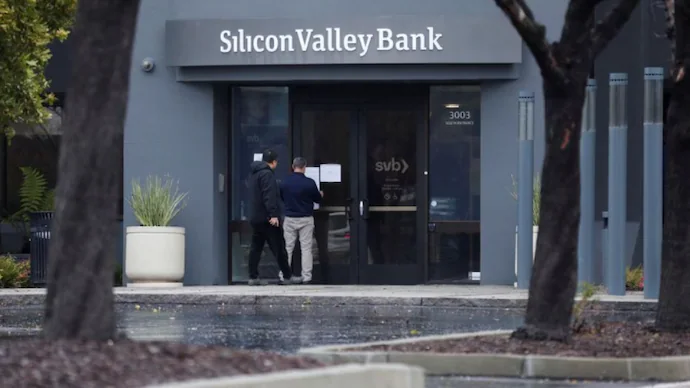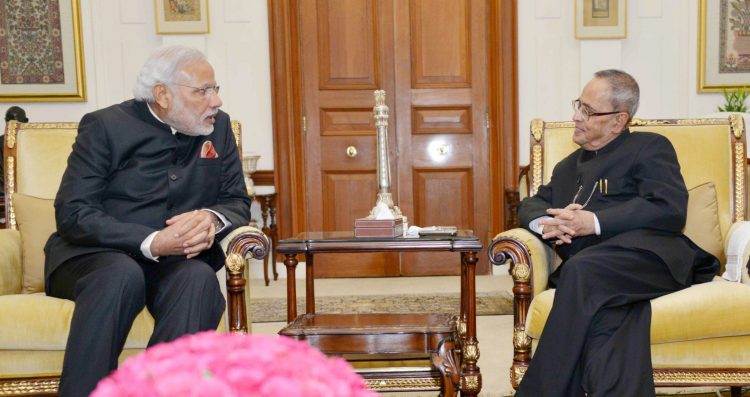Bank stocks around the world plunged on Monday even as President Joe Biden vowed to take whatever action was needed to ensure the safety of the U.S. banking system, after Silicon Valley Bank and Signature Bank collapsed late last week.
Biden’s attempt to reassure markets and depositors came after emergency measures by the United States to guarantee deposits at tech-focused lender SVB failed to dispel investor worries about potential contagion to other banks worldwide.
In the United States, First Republic Bank (FRC.N) tumbled by as much as 76.6% despite news it had secured fresh financing, while Western Alliance Bancorp (WAL.N) and PacWest Bancorp (PACW.O) fell 82.5% and 53%, respectively.
Trading in the stocks was halted several times due to volatility.
First Republic had been able to meet withdrawal demands on Monday with the help of extra funding from JP Morgan Chase, the mid-cap lender’s Executive Chair Jim Herbert told CNBC, adding that it was not seeing a massive deposit outflow.
Shockwaves were also felt across Europe, where the STOXX banking index (.SX7P) closed 5.7% lower.
Germany’s Commerzbank (CBKG.DE) fell 12.7%, while Credit Suisse (CSGN.S) closed at a new record low after falling 9.6%.
Swiss financial regulator FINMA said it was closely monitoring the banks and insurers it oversees and looking for signs of contagion, while a senior European Central Bank supervisor said the board which oversees the euro zone’s biggest banks did not see any need for an emergency meeting.
Biden said his administration’s rapid actions at the weekend should reassure Americans that the U.S. banking system is safe, and promised stiffer bank regulation after the country’s biggest bank failure since the 2008 financial crisis.
“Americans can have confidence that the banking system is safe. Your deposits will be there when you need them,” he said.
Nevertheless, shares in big U.S. banks including JP Morgan Chase (JPM.N), Morgan Stanley (MS.N) and Bank of America (BAC.N) also weakened, along with wider stock markets.
In the money markets, a closely watched indicator of credit risk in the U.S. banking system edged up, as did similar indicators for the euro zone.
Europe’s volatility index (.V2TX) jumped to its highest level since October 2022.
“When a step (is taken) this big, this quickly, your first thought is ‘crisis averted’. But your second thought is, how big was that crisis, how big were the risks that this step had to be taken?” said Rick Meckler, partner at Cherry Lane Investments.
Emboldened by bets that the U.S. Federal Reserve may have to slow its rate hikes, and with investors seeking safe havens, the price of gold raced towards the key $1,900 level.
“There is a sense of contagion and where we see a repricing around financials is leading to a repricing across markets,” said Mark Dowding, chief investment officer at BlueBay Asset Management in London.
Dowding said he did not think that a lot of the issues affecting U.S. banks would be present in European lenders.
U.S. President Joe Biden delivers remarks on the banking crisis after the collapse of Silicon Valley Bank (SVB) and Signature Bank, in the Roosevelt Room at the White House in Washington, D.C., U.S. March 13, 2023. quoted Reuters news agency
Bonds held by SVB were “worth next to nothing in a short space of time, so against that backdrop, that has an effect that is translated on a more widespread basis,” he added.
U.S. regulators stepped in on Sunday after the collapse of SVB, which suffered a run after a big bond portfolio hit.
As a result, SVB’s customers will have access to all their deposits from Monday and regulators set up a new facility to give banks access to emergency funds.
The Federal Reserve made it easier for banks to borrow from it in emergencies.
Regulators also moved swiftly to close New York’s Signature Bank, which had come under pressure in recent days.









